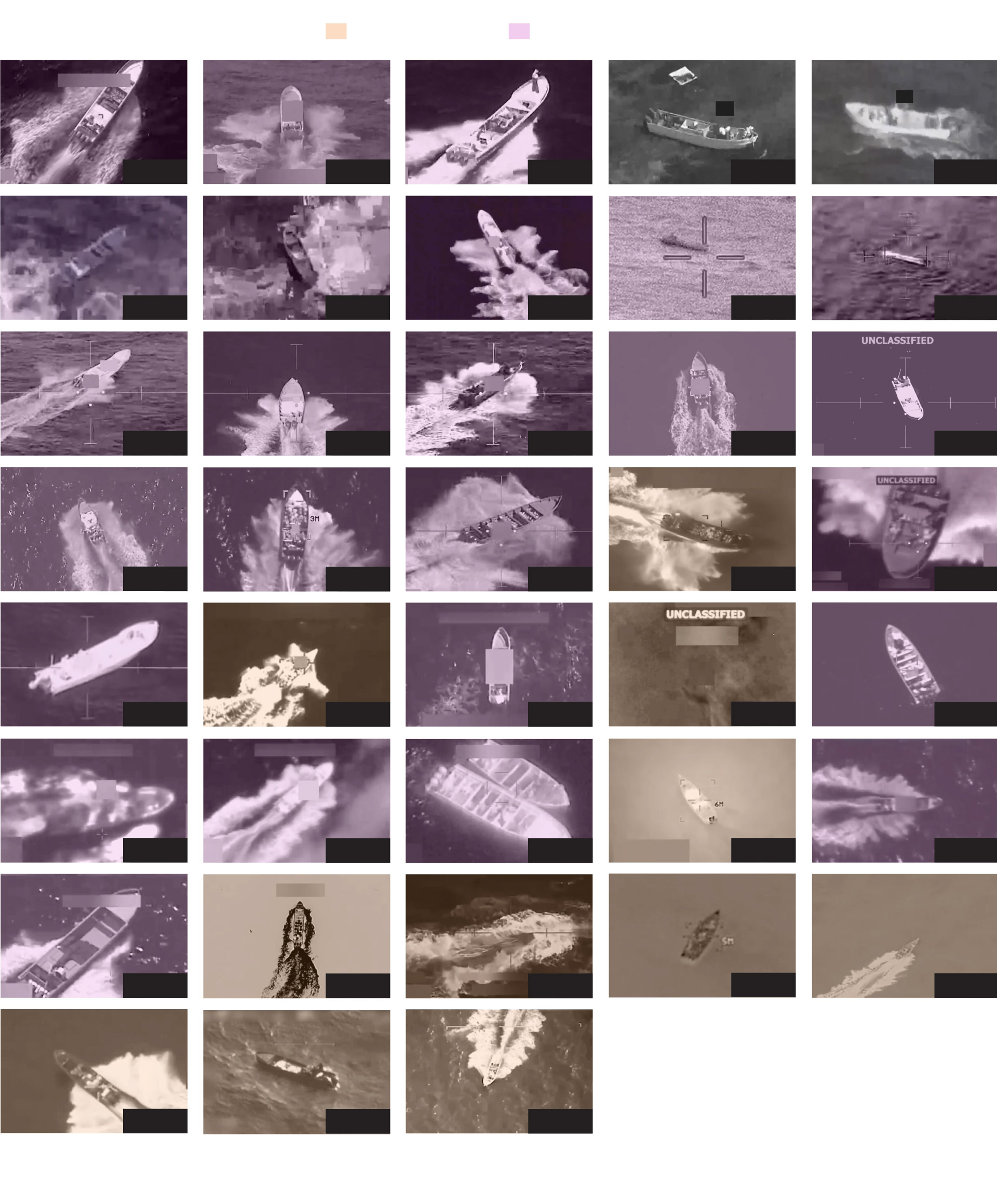Putting data online and hoping for the best isn’t wrong, but it doesn’t do much unless it's reliable, documented, and easily-accessible.
Although the current open data movement is more than a decade old, Mesa didn't catch up until an announcement in August of last year with an announcement that it had joined Bloomberg Philanthropies' WhatWorksCities, with an agreement not signed until October by the City of Mesa's executive officer Chris Brady, the city manager. It wasn't until 04 March 2016 - just in time for Open Data Day - that the city got the open data portal up and online with a press release: http://www.mesanow.org/article.php?id=1607.
It was featured in a post here 08 March 2016 . . . some are still asking why they should even bother.
In the interest of public information here are a few comments taken from an online article published on March 10, 2016 by Colin Wood:
"People still largely don’t know what their governments are doing and no one’s frequenting their city’s open data portal to find out — they read the news."
One recent case as an example: in a post here on March 17 Mesa mayor John Giles was quoted as saying in a panel at SXSW in Austin TX by the chat moderator Jessica Daly that "up to 800 new units of affordable housing have come online in the past year-and-a-half."
When that "news" was questioned in an email to the mayor's office for public information, a prompt reply came back the same day that the mayor had mis-spoken.
No need for that if people in government know the real data instead of making public statements that are questionable. It's not a matter of keeping elected officials honest; informed and accurate is the goal for accountability and transparency.
"Open data isn’t just about transparency and economic development. If it were, those things would have happened by now. Open data portals haven’t stopped corruption; the unscrupulous simply reroute their activities around the spotlight. And if anyone’s using open data to build groundbreaking apps that improve the world and generate industry, they’re doing a great job keeping it a secret."
So who's the anyone - developers, designers, librarians, statisticians and citizens - using open data?
A guy like Waldo Jaquith, the director of U.S. Open Data and one of the movement’s most active advocates. But he’s also a realist. Open data is struggling to gain financial and spiritual backing. Open data may fizzle out within the next two years, said Jaquith, and a glance at government’s attitude toward the entire “open” concept supports that timeline.
“Right now, it is irrational for almost anybody who works in government to open data. It makes no sense,” . . “Most people, it’s not in their job description to open data . . ."
The disconnect between the massive operational potential that open data holds and government’s slow movement toward harnessing it can be explained simply. Government thinks open data is an add-on that boosts transparency, but it’s more than that. Open data isn’t a $2 side of guacamole that adds flavor to the burrito. It’s the restaurant’s mission statement.
Open data needs a clear plan, and it needs to come from a wide patronage within government.
6 Ideas to Help Government Realize Open Data's Transformative Power
by Colin Wood / March 10, 2016
Government thinks open data is an add-on that boosts transparency, but it’s more than that.




No comments:
Post a Comment